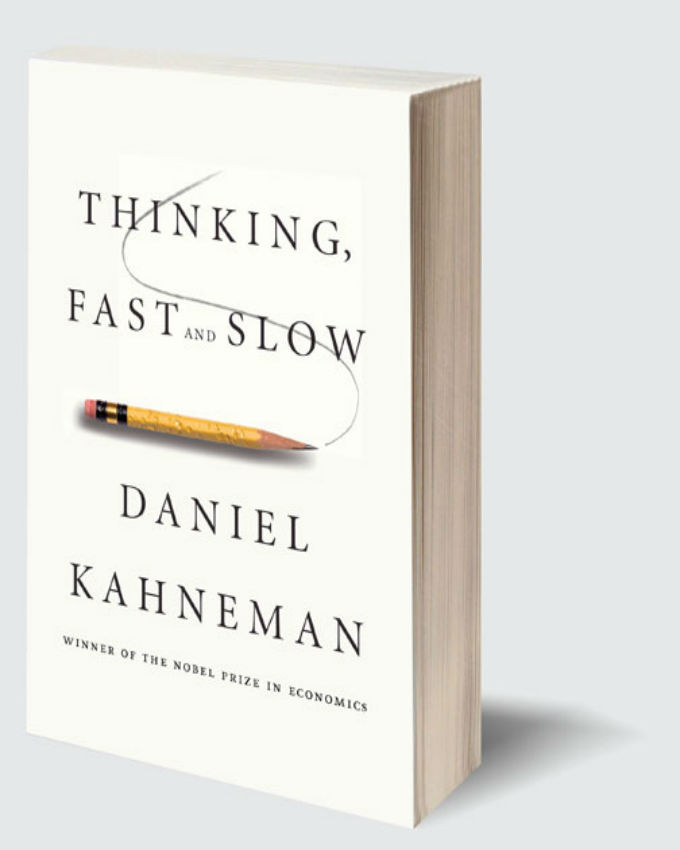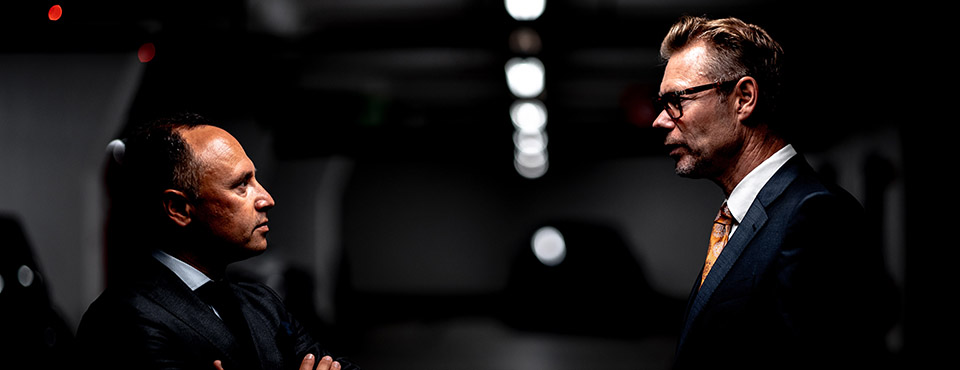
The one and only smartest promise: Make society human again
29 January, 2020
I’ve dedicated my last years to the Technological and Digital Corporate Innovation. I must be a masochist. Moved equally by my other passion, the Computational Design that John Maeda spreads, I’ve spent a lot of time understanding how to take advantage of the combination between Artificial Intelligence, User Experience and Service and Product Design. And finally, I got it. Now I know how to do it.
During the learning process trying to generate impact on companies, customers, and society and combining my two passions, something has forced me to question many things. Among these, questions that previously seemed impossible to answer have appeared easy to solve now. Is it possible to quantify the tremendous absurd decisions damage on our income statement? Can we know the impact of duplicated or tripled efforts due to our extreme inefficiency? Are we capable to estimate the loss of impulsive decisions caused by hedonistic personalities? How are people disaffection and demotivation measured to discount it from future benefits.

All of them are questions that pursue the same thing: understand why things don’t go well when innovation and change are involved, quantifying the negative impact at the same time. I refer to the endless times for corporate innovation and the disruptive initiatives hidden under carpets that are left to die without anyone knowing the reason. I'm talking about all those Units and people inside organizations that subtract instead of adding. I try to put the focus on cogs in the wheels, in the absence of personal benefits and in the corporate strategy misalignment that brings Innovation and change. In short, I'm talking about throwing money and all kinds of corporative innovative and operative inefficiencies.
I’ve written sometimes about fear and ego as possible causes for these problems. But there are more than these. Sure. Complex organizational structures where everyone should be satisfied can be another compelling reason. Furthermore, Daniel Kahneman will surely blame everything on System 1 numerous biases, our mind’s part guided by intuition. Her book "Thinking, fast and slow" is a gem to understand why we fail so hard when we need to make decisions based on uncertainty and risk. And innovation is full of both ingredients. So, it’s normal then to allow ourselves to make so many mistakes. The usual proportion of stupid and toxic people found in all populations, including the business world, also serve to explain these extreme inefficiencies existence. As you can realize, it’s not about a lack of reasons.
At present we can use a lot of technology to fix those problems. The Internet of Things, Big Data, Data Analytics and Artificial Intelligence in all its forms can help us to fix this mess. We can easily create an “Artificial Corporation”. Nowadays, it’s already feasible to capture and analyze all the company’s generated and transacted information in real time. Above all, this knowledge can be managed by machine learning methods and algorithms to create a king of magic decisions. Examples would be:
Identify and weight “bad” decisions
Classify those workers who make the worst decisions
Share the weight and optimize the bad decisions impact on the Units' profit and loss accounts
Predict the impact of decisions in different time horizons
Recommend actions in real time in the absence of tangible evidence
Optimize the talent capture and retention process to avoid toxic and stupid
Recommend changes in organizational structure based on results
Classify workers to identify those who need objectives and those who don’t
Simulate results based on different objective strategies to minimize crossed interests and sterile internal competition
If we look closely, some of these examples are reprehensible from an ethical point of view. Aren’t they? I don’t deny it. Another controversial aspect could be the one associated with the need to provide clear criteria when defining the purpose and implementing Artificial Intelligence algorithms. I wouldn’t like to offend anybody with the following words, but I don’t trust in directive leaders as those who can define AI objectives correctly. An erroneous goal can have a devastating effect on organizations and their workers. It’s definitively something to pay attention with. And the lack of transparency and vision derived from political struggles and economic interests doesn’t guarantee at all the success in the adoption of a corporative strategy based on AI smart application.
Most probably you’ll be trying to identify some alternatives now. Fortunately or not, there are still some options to change the collision course for most of the Corporate Innovation strategies and some resistant to change organizations.

Sociocracy
The first is based on putting the focus on people applying the Sociocracy concept in organizations. The objective is to achieve organizational agility through self-organization, the autonomy increase, and effective and collaborative work methods. Nevertheless, such a challenge requires a level of change even greater than the one we are currently asking for.

Management by algorithm
The second is based on the opposite, eliminating the human from the equation. The current management stream based on algorithms (Management by algorithm) allows this option. Companies like Uber or Google apply algorithms to reduce the operational and decision load using algorithms. If they succeed, why not apply it gradually into companies to reach the maximum possible level? Starting with the operational departments full of repetitive tasks and ending with the most creative business units. A company without workers, the maximum “Artificial Corporation” representation.

The spin-off that swallows the matrix
The third is based on applying the change itself. Being born again from small business embryos that we should create from scratch. The tech, flexible and agile spin-off that swallows the matrix. This alternative, fully compatible with the other two, represents the maximum disruption for current organizations. Taking advantage of good financial times, organizations eager to consistent innovation and persistent evolution should create new companies that end up cannibalizing and phagocytizing the current business. If progress and new tech companies have to invade us unavoidably, I prefer well-known people than Google.



